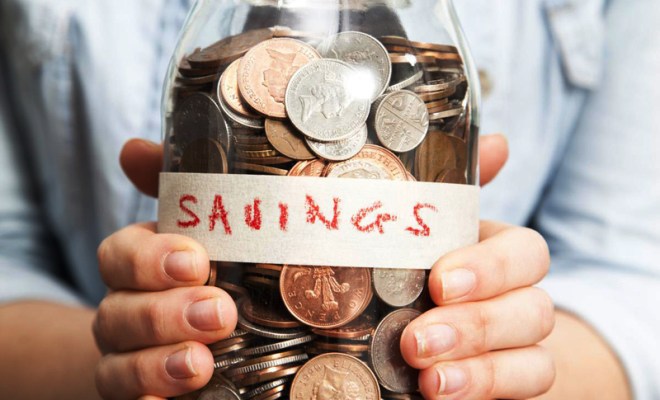Millennials — those between the ages of 18 and 34 — are now the biggest generation in American history, making up 25 percent of the population, according to the US Census Bureau. They have surpassed the baby boomers in numbers and are poised to outpace that generation’s financial impact on the country. So disheartening news that a new Bank of America/USA Today Better Money Habits Report found that while 84 percent of millennials are confident in their ability to manage their finances, 41 percent report feeling “chronically stressed” about money and more than half say anxiety . about money affects their emotional well-being.
“Even though millennials are confident about money and focused on their finances, they still experience a lot of stress. That is partly due to factors beyond their control – the volatile global economy, challenging job markets and, to some extent, the student debt they are incurring,” said Andrew Plepler, Global Corporate Social Responsibility executive, Bank of America. “In times of uncertainty, it is important to focus on the things they can control, such as their level of financial knowledge and awareness. This survey suggests that there may be room for more effective financial management efforts that make it easier for millennials to have more control over their finances, and hopefully relieve some of the pressure they feel.”
Although millennials are optimistic and actively try to control their finances, outside pressures get in the way. They often worry about the price of living, lack of income growth, student debt, housing costs and other financial issues – all of which affect their personal relationships, work performance and even their physical health.
Despite these stressors, millennials have not necessarily lost faith in their ability to manage money. The great majority of respondents (more than eight in ten) said they felt “confident” or “very confident” when it came to personal finances. A much smaller percentage (17 percent) consider themselves “experts” on the subject. “We don’t expect young people to be experts,” explains Plepler, “which is why we partnered with Khan Academy to create BetterMoneyHabits.com. This website is free for all and provides information on demand when you need it.”
Examples of content found on BetterMoneyHabits.com include:
Create and stick to a budget
You can do it with these easy steps.
* Study your monthly salary – the amount you really earn after taxes, insurance and 401K contributions come out of your paycheck.
* Calculates fixed monthly costs, expenses that do not fluctuate much during the year, such as rent or mortgage, car payments, student loan payments, etc.
* Calculate variable monthly expenses, such as phone or other utilities, groceries, clothing, entertainment, etc.
* Decide what’s really important. Some expenses are necessary, such as rent. Others are “wants”, such as a premium cable plan or unlimited texting. By looking closely, you’ll likely find that you can reduce the desire to spend less.
* Track your expenses and review them monthly. Use a budgeting app, spreadsheet, or old-fashioned pen and paper, but monitor monthly how well you are doing your budget.
Manage credit wisely
* Pay all of your bills on time every month. Late and missed payments show up on your credit report and will hurt your credit score. Use your bank’s auto-pay service to be sure you’re never behind or late on a payment.
* Pay off credit card debt. Too much revolving debt not only reduces the amount of money you must take out every month, but it can negatively impact your credit report.
* If you want to build up or build up your credit, see if your bank offers a credit card. You can use it monthly to pay certain expenses, pay off the whole balance instantly and build a good credit history.
Build an emergency fund
* Try to save at least two to six months for living expenses – the more the better.
* Not sure how much to save? Review your budget for your total monthly expenses. This will help you understand not only how much you need to save, but where you can cut back on expenses to pay more for your emergency fund.
For extra money management and private finance information and tips, visit bettermoneyhabits.com.
Articles & Images provided by BPT












